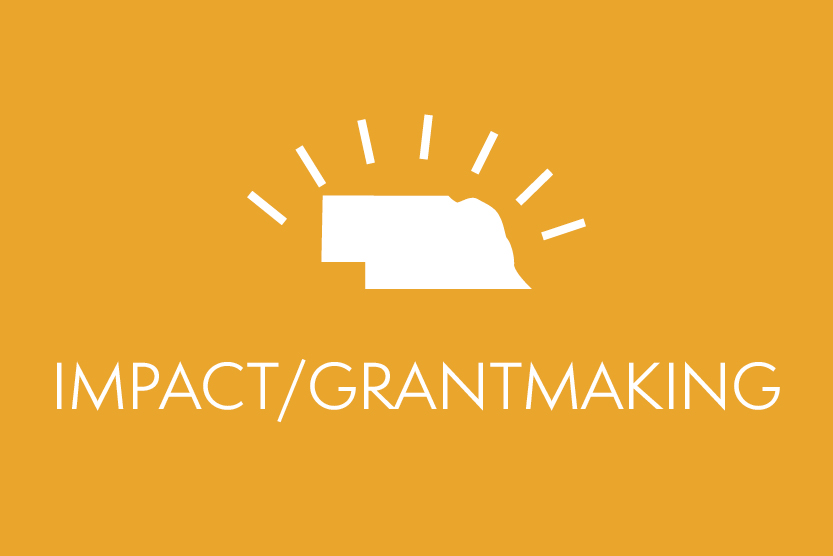In response to the COVID-19 pandemic, Congress has passed three economic stimulus packages to support our nation (both individuals and organizations) during this period of economic uncertainty. One of these, the $2 trillion-plus CARES Act, does many things, including providing direct cash payments to Americans, pushing back income tax filing and payment deadlines, and encouraging charitable giving.
Impact on Donors
Above-the-Line Charitable Deduction
To encourage cash gifts to nonprofits, there is $300 above-the-line income tax charitable deduction that is available beginning in 2020 to those who claim the standard deduction. Only about 10 percent of donors itemize their deductions; for the 90 percent who take the standard deduction, this may motivate them to make charitable gifts. This deduction is not allowed for contributions to donor-advised funds.
Note: Based on the wording, this change may be permanent.
100 Percent Charitable Deduction
For 2020, individual donors may deduct cash gifts to charities up to 100 percent of their adjusted gross income (AGI). This gets complicated and should be addressed with a donor’s professional advisor for each individual situation. The 100 percent limit is reduced dollar-for-dollar for each non-cash gift (i.e., highly appreciated stocks or property) and is not available for cash gifts to donor-advised funds. In normal years, donors can carry forward charitable deductions if they go above 60 percent of their AGI, and that might still be a good idea. The taxpayer must make an election on his/her tax return to take the larger deduction. Again, this may be a good opportunity for some donors, but it is important to seek professional advice.
Note: Corporations have had their cash contribution limit increased from 10 percent to 25 percent for 2020; charitable gifts above 25 percent can be carried forward for five years.
Temporary waiver of Required Minimum Distributions (RMDs) from retirement plans for 2020
There are many changes in the CARES Act that impact qualified retirement plans, including RMDs. One change that may affect charities like NCF (and its affiliated funds) is that RMDs do not have to be taken for 2020, which may reduce the incentive for donors to make qualified charitable distributions (QCDs). However, donors are still allowed to make QCDs from their IRAs of up to $100,000 beginning at age 70 ½.
Other Considerations (not related to the CARES Act)
Donor-Advised Fund (DAF) Gifts
Donor-Advised Funds at NCF, or other organizations like Fidelity or Schwab, may be a means to support charitable causes in times of economic downturn. The funds in DAFs are already set aside for charitable giving, and charities need those funds now. DAFs can be particularly advantageous when donors are not comfortable making charitable gifts from their own funds.
Estate Planning attractiveness
In light of the COVID-19 pandemic, there have been reports of increasing interest in getting estate plans in order. NCF has many tools to help individuals get started on their plans, including our free online Wills Guide.



